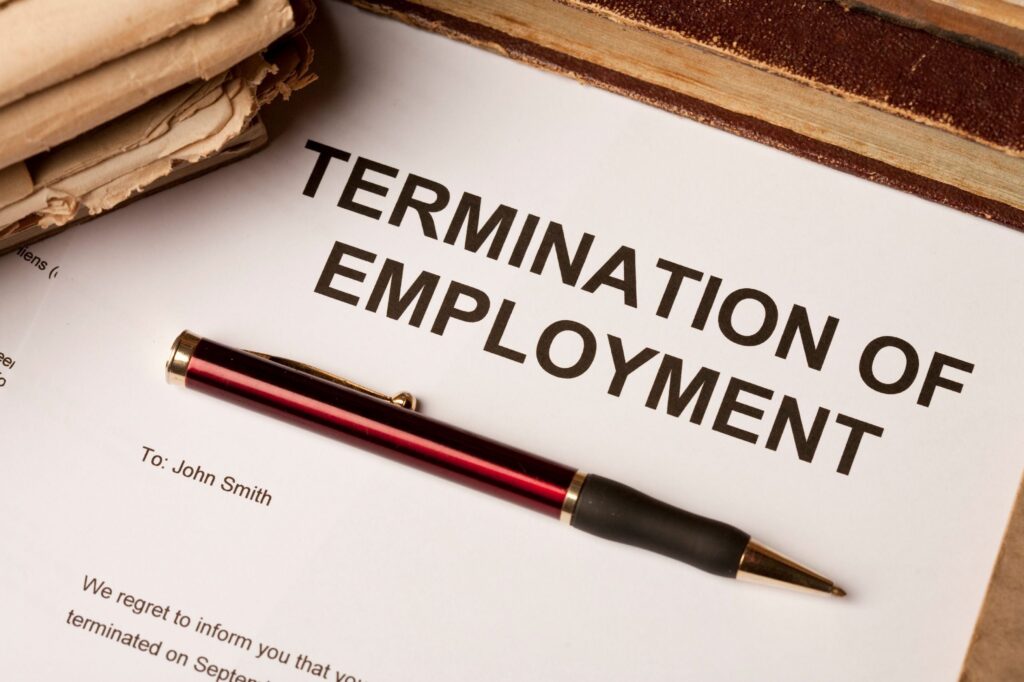A lot has changed for employers due to the COVID-19 pandemic. However, employer obligations in relation to addressing employee concerns remain the same.
As the pandemic has forced businesses to react and adapt to changes, the majority of employees now work from home. But, that doesn’t mean workplace rules don’t apply.
Having employees work from home has its risks. For instance, they may ease their standards as they’re working in a more relaxed environment. This is inevitable when employees are working from the comfort of their own homes. But there are consequences to be aware of…
New environment
Moving to work from home and the new environment can lead to changes in how employees communicate with one another. Employers may feel that because there’s less face to face contact in the workplace, sexual harassment complaints are less likely to occur. This isn’t the case however, and harassment complaints at work are in fact on the rise.
Communication
Remote workers communicate largely via video, email, and over the phone. Relying solely on these methods of communication is new for most employees. With so much communication occurring in a less controlled environment, there’s a risk that employees feel more inclined to make inappropriate comments.
Remote workers tend to dress in more casual clothing, with the home seen as a more relaxed environment. As a result, professionalism when communicating with colleagues may take a hit.
Same standards apply
It’s vital that employees are aware of the standards expected of them while working from home. You should remind them from the outset to adhere to the same office policies and procedures.
It’s also important that employees are aware of the potential consequences should they breach any internal policy and procedure. For instance, the possibility of disciplinary action taken in line with your disciplinary rules and procedures.
A place for policy
Resend your ‘Dignity and Respect at Work’ policy to all employees to remind them of the standards they must meet. This should also remind them that all correspondence with colleagues needs to be professional.
We also recommend rolling out Dignity and Respect at Work training. This will help update employees about how online communications can amount to harassment.
Handling a sexual harassment complaint
Dealing with a sexual harassment complaint is a particularly complex matter. And, there are basic standards you need to meet when investigating the matter.
You must ensure that your procedure complies with employment legislation and that the employee’s right to natural justice is not breached. If these concerns are not addressed in the correct manner, legal action may be taken against the business.
As remote working looks set to be in place for the foreseeable future, it’s important not to allow employees to drop their standards when using new forms of communication in the workplace.
Need our help?
For further advice on sexual harassment, speak to an expert now on 01 886 0350 or request a callback here.








